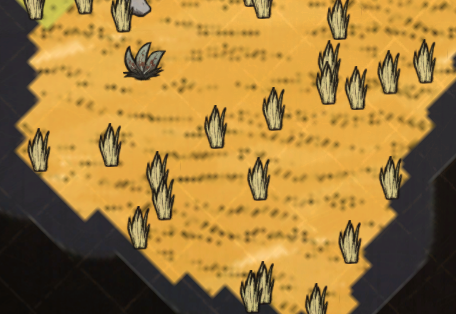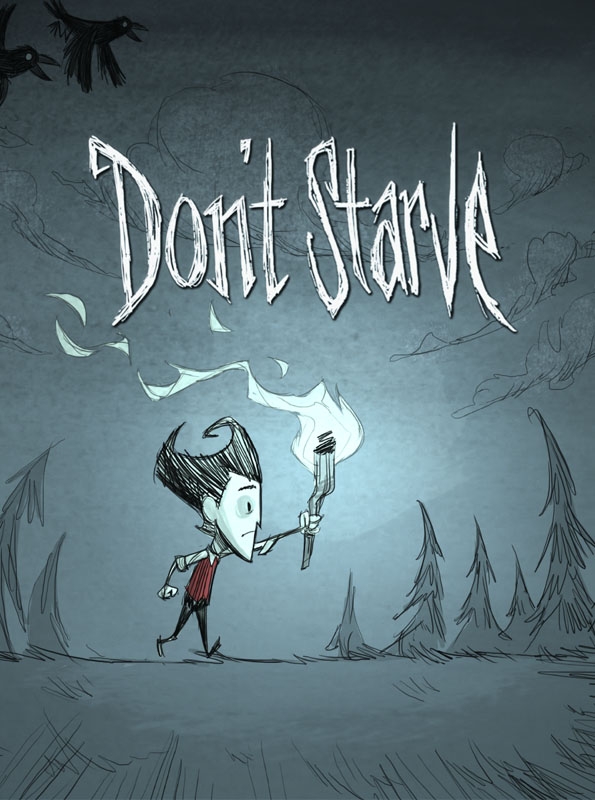

"I can't – I just gave someone ten years for it!" "I just heard the funniest joke in the world!" "Well, go ahead, tell me!" says the other judge. A colleague approaches him and asks why he is laughing.

A newspaper account of a Russian tsar's coronation had, instead of "korona" (crown), the misprint "vorona" (crow), and when next day this was apologetically ‘corrected,’ it got misprinted a second time as "korova" (cow).In Pale Fire by Vladimir Nabokov, the fictional author of the "Foreword", Charles Kinbote, cites the following Russian joke: There were also numerous politically themed Chastushki (Russian traditional songs) in Imperial Russia. The Tsar gives his decision in writing: "Permitted to subtract two asses". A respected merchant, Sevenassov ( Semizhopov in the original Russian), wants to change his surname, and asks the Tsar for permission.

"No, sir, I meant not our respected Emperor, but another Nikolay!" - "Don't try to trick me: if you say "moron", you are obviously referring to our tsar!" A man was reported to have said: " Nikolay is a moron!" and was arrested by a policeman.Few of the political jokes of the time are recorded, but some were printed in a 1904 German anthology. In Imperial Russia, most political jokes were of the polite variety that circulated in educated society. 2.7 "The Soviet Union is the homeland of elephants".


 0 kommentar(er)
0 kommentar(er)
